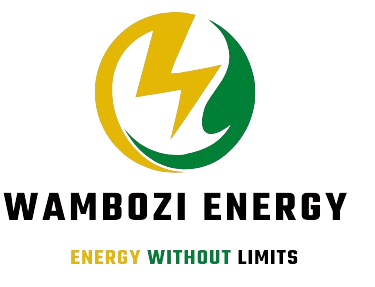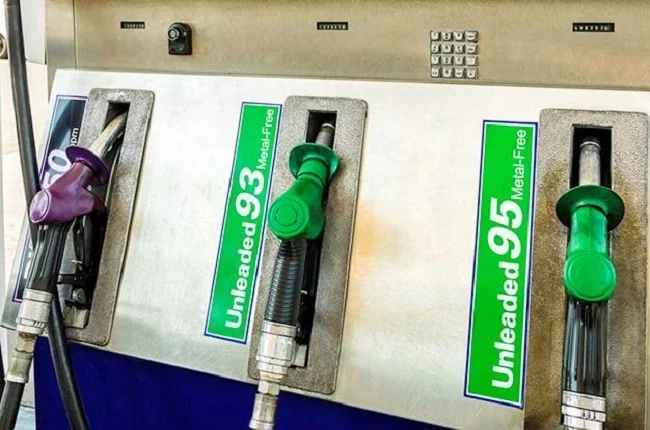When you fill up your car, you’ll notice that there are different types of fuels available. But what’s the difference between them? In this post, we’ll explain the common types of fuel used in private vehicles in South Africa, including unleaded petrol (93 and 95 octane) and diesel (10ppm and 50ppm), in a way that’s easy to understand.
1. Unleaded Petrol (93 and 95 Octane)
Unleaded petrol is the most commonly used fuel in South Africa, and it comes in two main types: 93 octane and 95 octane. The octane rating tells you how much compression the fuel can withstand before it ignites. Higher octane ratings generally mean the fuel is more resistant to “knocking” (a knocking sound when the engine misfires), which can improve the performance of the car.
-
93 Octane Petrol:
This is the standard petrol used in most vehicles that do not require high-performance engines. It is cheaper than 95 octane and works well for everyday driving. Most regular cars use 93 octane without issue. -
95 Octane Petrol:
This type of petrol is used in cars with higher-performance engines or those that require higher compression. It burns more efficiently and can improve engine performance, especially in newer or more powerful vehicles. It’s often recommended for cars with advanced engine technology. -
Which one to choose?
Check your car’s manual for the manufacturer’s recommendation. If your car is designed for 95 octane, using 93 octane may cause knocking or reduce engine efficiency. If your car can run on 93, it’s often a more affordable option.
2. Diesel (10ppm and 50ppm)
Diesel is another common fuel in South Africa, especially for larger vehicles such as trucks, SUVs, and cars that do a lot of long-distance driving. There are two main types of diesel available: 10ppm (parts per million) and 50ppm. The main difference between them is the amount of sulfur content in the fuel, which affects emissions and environmental impact.
-
50ppm Diesel:
This is the standard diesel that has a higher sulfur content compared to 10ppm diesel. It’s still widely used in older vehicles and some commercial vehicles. However, 50ppm diesel is less environmentally friendly due to its higher sulfur emissions, which contribute to air pollution. -
10ppm Diesel (Low-Sulfur Diesel):
10ppm diesel has a much lower sulfur content, making it a cleaner-burning fuel compared to 50ppm. This type of diesel is more environmentally friendly and is recommended for newer vehicles that require lower-emission fuels. It’s becoming the standard in many countries due to stricter emission regulations. -
Which one to choose?
For newer diesel vehicles, 10ppm diesel is usually the best choice because it helps keep the engine cleaner and is better for the environment. If your vehicle is older and designed for 50ppm diesel, then that’s what you should use.
3. Why the Type of Fuel Matters
The type of fuel you choose for your car can affect both its performance and its environmental impact. Using the correct fuel type ensures your engine runs smoothly, and can even help you save money by improving fuel efficiency and reducing wear and tear.
- Fuel Efficiency: Higher-octane petrol or low-sulfur diesel generally provides better fuel efficiency, which means you’ll get more kilometers per liter.
- Emissions: Cleaner-burning fuels like 10ppm diesel or 95 octane petrol tend to produce fewer emissions, which is better for the environment.
- Engine Health: Using the wrong fuel for your car can cause long-term engine damage, so it’s important to follow the manufacturer’s recommendations.
Conclusion
In South Africa, the most common car fuels are unleaded petrol (93 and 95 octane) and diesel (10ppm and 50ppm). Choosing the right fuel for your car is crucial for maintaining engine performance, improving fuel efficiency, and reducing your environmental impact. Always refer to your vehicle’s manual to know the best fuel for your specific make and model.
If you’re interested in learning more about energy solutions or need advice on fuel choices, Wambozi Energy is here to help!

